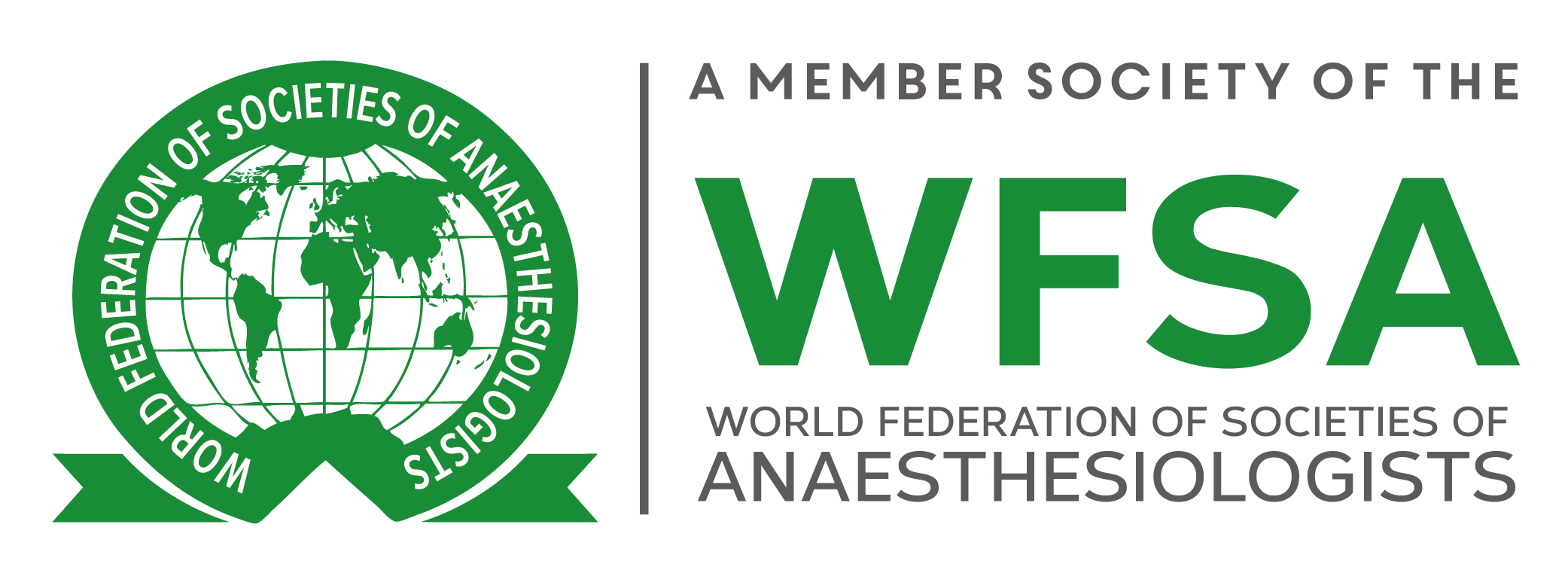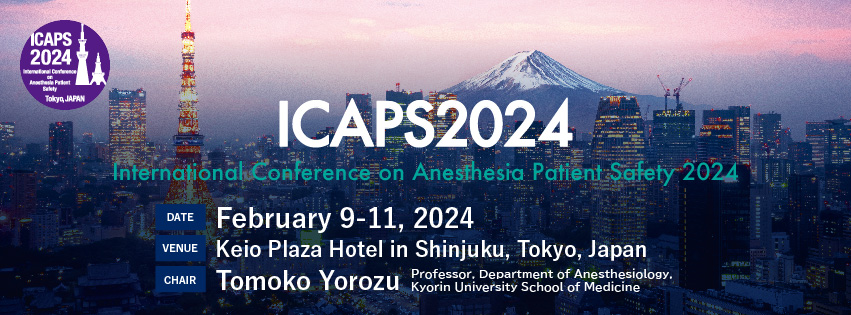Certification
Anesthesia Credentialing in Japan
Anesthesia credentialing in Japan is provided by the JSA, by the Japanese Medical Specialty Board (JMSB), and by the Ministry of Health, Labour and Welfare (MHLW) at several levels.
Registered Anesthesiologist: ‘hyobo-i’
The first level is ‘hyobo-i’ or Registered Anesthesiologist. Registration is conducted by the MHLW in accordance with Japanese law (the Medical Care Act), and grants legal permission to present oneself as a provider of anesthesia services. Licensed physicians in Japan who meet the following criteria are eligible for registration: 1. Completed at least two years of full-time clinical anesthesia training, and 2. Served as primary anesthesia provider for over 300 cases of general anesthesia with endotracheal intubation. Registration does not require renewal.
JSA Qualified Anesthesiologist: ‘nintei-i’
Registered Anesthesiologists who are JSA members in good standing may apply for qualification as ‘nintei-i’ or JSA Qualified Anesthesiologist. Qualification can be renewed every 5 years by earning sufficient academic credits provided by the JSA.
Board Certified Anesthesiologist: ‘senmon-i’
Specialist certification including other medical field in Japan is administered via the JMSB. Junior physicians enter a four-year training program towards anesthesia specialist certification as ‘senmon-i’ or Board Certified Anesthesiologist. Candidates must pass a written, oral, and practical exam in addition to completing the requirements of their four-year training program, which includes a minimum number of clinical case experiences. These include anesthesia experience as primary anesthesiologist for at least 10 cesarean sections, 25 thoracic surgery cases, and 25 neurosurgery cases. Experience as primary or secondary anesthesiologist is required for at least 25 cardiovascular cases (including the thoracic aorta), and at least 25 pediatric cases (<6 years of age). Aside from clinical experience, credits must be earned by participating in academic meetings and continuing education activities.
Current AHA-ACLS or PALS provider status is also required. Board Certification is renewed every 5 years. Clinical and academic credits are required. There is no exam for renewal of board certification.
Trainer of the JSA: ‘shido-i’
In addition to obtaining the Board Certified Anesthesiologist ('senmon-i') certification granted by the JMSB, some senior physicians also apply for 'Shido-i' certified by the JSA.
‘Shido-i’ means teaching physician, and is an honorific title for Trainer of the JSA. Candidates must be Board Certified Anesthesiologists. JSA Certification of Trainer is renewed every 5 years.







